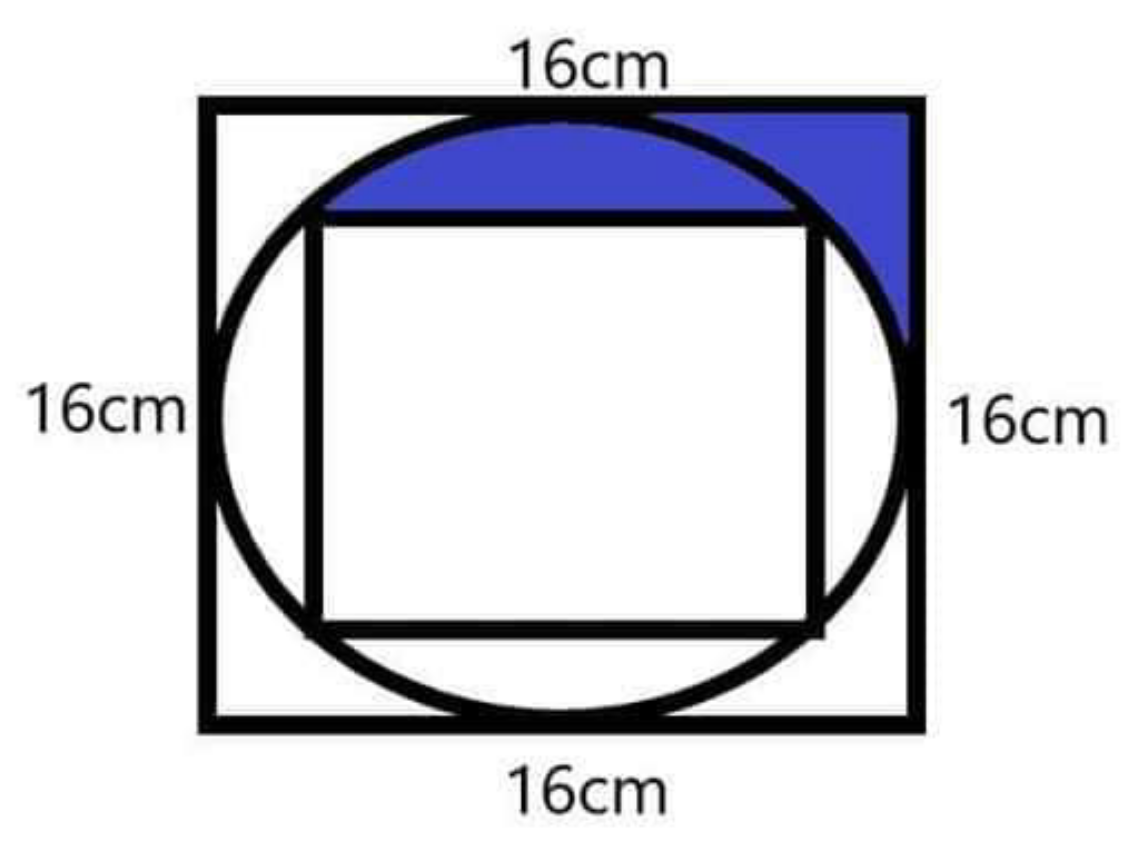
AllQuestion and Answers: Page 1211
Question Number 95966 Answers: 1 Comments: 0
Question Number 95967 Answers: 1 Comments: 1

Question Number 95933 Answers: 2 Comments: 2
Question Number 95924 Answers: 1 Comments: 1
Question Number 95920 Answers: 3 Comments: 0
Question Number 95919 Answers: 1 Comments: 0
Question Number 95941 Answers: 0 Comments: 0
Question Number 95912 Answers: 0 Comments: 2
Question Number 95903 Answers: 2 Comments: 3

Question Number 95901 Answers: 1 Comments: 0
Question Number 95898 Answers: 0 Comments: 0
Question Number 95897 Answers: 2 Comments: 0
Question Number 95888 Answers: 1 Comments: 0
Question Number 96026 Answers: 0 Comments: 1
$$\mathrm{sin}\:\frac{\mathrm{p}}{\mathrm{x}}=\mathrm{1} \\ $$
Question Number 95860 Answers: 1 Comments: 0
Question Number 95849 Answers: 2 Comments: 0
Question Number 95848 Answers: 4 Comments: 0
Question Number 95845 Answers: 1 Comments: 0
Question Number 95844 Answers: 2 Comments: 0
Question Number 95843 Answers: 1 Comments: 0
Question Number 95839 Answers: 1 Comments: 1
Question Number 95838 Answers: 1 Comments: 0
Question Number 95837 Answers: 2 Comments: 0
Question Number 95832 Answers: 2 Comments: 0
Question Number 95830 Answers: 2 Comments: 0

Question Number 95868 Answers: 1 Comments: 1
$$\mathrm{5}^{\mathrm{10}} \left({mod}\:\mathrm{11}\right)=? \\ $$
Pg 1206 Pg 1207 Pg 1208 Pg 1209 Pg 1210 Pg 1211 Pg 1212 Pg 1213 Pg 1214 Pg 1215
